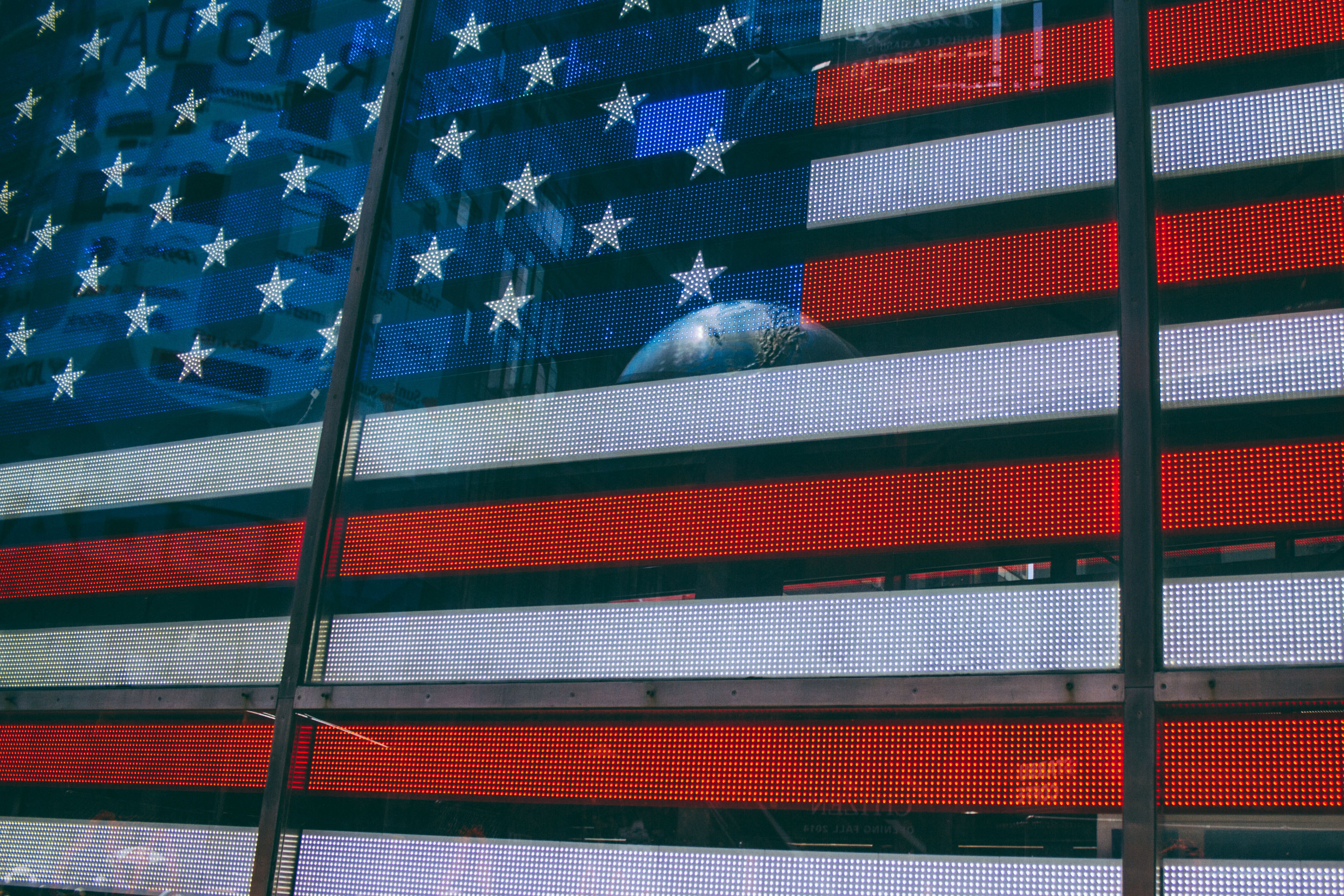Being a conscientious objector may be rare, but my moral convictions are pretty common.
I believe–and I have always believed–that taking a life is wrong, no matter whose life you are taking or which country you are killing for. Life is too sacred. And this conviction is fairly widespread among people, especially young people. We grow up repeating–and hopefully, with time, believing–that we must “do unto others as you would have them do unto you,” that “an eye for an eye leaves the whole world blind,” that “hate cannot drive out hate, only love can do that.” And yet, if many share my belief in the sanctity of life, why are so few people resolutely unwilling to take a life?
These quotes of Jesus, Gandhi, and King take on additional meaning in the context of a human life. The ‘golden rule’ calls to mind being reprimanded for a playground fight in elementary school, as I was just managing to wrap my head around this thing called empathy. I learned Gandhi’s quote from a history textbook—momentarily tuning out my teacher to marvel at how logical compassion could seem. More recently, King’s quote conjures up watching a newscast as a teenager, feeling helpless up against the slew of stores about hate, war, and violence. Empathy, compassion, and love made sense to me, but the world didn’t agree.
___________________________________________
The world gives us plenty of chances to ignore our conscience.
___________________________________________
I wondered why kids around me didn’t talk about—or even seem to think about—nonviolence. I have realized it is because the world gives us plenty of chances to ignore our conscience. We can say the pledge of allegiance in class every day without questioning why patriotism comes before morality. We can see commercials for the military on TV and take it for granted that violence and war are necessary parts of patriotism. We can be carried by our own inertia from childhood first-person shooter video games into a very real battlefield pointing a rifle at a human heart. Our conscience can become a feeble murmur against the droning voice of violence.
For me, my church was the place where my conscience had a voice. My church agreed with me that violence should have no place in society and my church allowed me to love peace. It helped me claim my own moral convictions, to realize that I did not have to sacrifice them for a country that I never decided to love, or for a military I never wanted to support. I attended anti-violence protests with my church, and my church members suggested that I file as a conscientious objector.
___________________________________________
A Peace Church acknowledges the Christian Church’s historical complicity (and even perpetration) of violence and affirms nonviolence, peacemaking, and love as a fundamental part of its Christian faith.
___________________________________________
On one level, filing as a conscientious objector is a culmination. I had to craft a statement summarizing my faith and commitment to nonviolence that I had been developing for several years. I also documented my demonstrated support of nonviolence to strengthen my file. But filing as an objector is also a sort of contract. Putting beliefs and convictions into writing is promising to hold yourself to these ideals. It’s a commitment to advocacy years down the line, to speaking out when a classmate makes a snide comment about “nuking the **** out of Iraq.” Conscientious objection is a way of affirming oneself, one’s faith, and one’s morals. But it’s also a process of vulnerability, and I needed a community of support to help me with the process, much of which came from my church’s decision to declare itself a “Peace Church.”
A Peace Church acknowledges the Christian Church’s historical complicity (and even perpetration) of violence and affirms nonviolence, peacemaking, and love as a fundamental part of its Christian faith. Through education and worship, a Peace Church helps its congregation live out a Christian commitment to nonviolence. My church has worked through tensions those who support the military, and my church has expressed a firm commitment to “warmly welcoming all people, respecting those who are serving or have served in the military and their families, and inviting everyone to walk with us as we explore together the practice and meaning peace in the world and in our lives.”
For me, my church being a Peace Church meant that it would support me in my decision to file as a conscientious objector. Church members helped me clarify my beliefs about nonviolence and guided me through the logistics of filing as an objector. Choosing to declare as a Peace Church should not alienate anyone of any beliefs, but rather should support people like me in the pursuit of ways to express a commitment to peace. I am so grateful that my church was willing to make this declaration and support me in this process, a process that has helped me grow stronger as an individual and stronger in my faith.
___________________________________________
Life is too sacred for killing, and living by this belief is not a sign of weakness, but one of strength.
___________________________________________
My church’s decision to become a Peace Church was hard-fought, but it allowed my filing as a conscientious objector to be easily-won. Filing as an objector is a decision that I am proud of and one that will inform my morals and decisions for the rest of my life, but it is also one drop in a very large body of water. I encourage church members to consider proposing the declaration as a Peace Church in their communities—to support youth like me, and more importantly to support those who first-hand experienced pain, trauma, and loss at the hands of violence and retained their faith through it. I encourage young people to think about topics that don’t get airtime on the lunch yard or even in the classroom. Take the golden rule to heart—imagine how the world looks from the eyes of one who suffers from the violence we implicitly perpetuate. Heed Gandhi’s advice—spiteful revenge will only beget more spiteful revenge. And listen to King—extol love and wear your heart on your sleeve in a world haunted by hate.
Choosing to stand by my morals was not a draining process, but one that gave me confidence. Choosing to declare as a Peace Church should similarly be a life-giving decision, one that gives resolve to stand by nonviolence. Life is too sacred for killing, and living by this belief is not a sign of weakness, but one of strength.
If you would like to learn more about being a Peace Church, these links will help:
The Peace Church Resolution of the First Presbyterian Church of Palo Alto.
How to Become a Peace Church: Interview with Rev. Ben Daniel interviewed by Rev. Emily Brewer.
***
Author Bio: Chris Iyer is a first-year student at Stanford University. He grew up in Menlo Park, California, as a member, of the First Presbyterian Church of Palo Alto. At Stanford, he works as a research assistant in the Martin Luther King, Jr. Education and Research Institute, as well as the Center for Interdisciplinary Brain Science Research. Chris plays the jazz trumpet, and is part of several bands at Stanford, including the Stanford Jazz Orchestra. He plans to study human biology and music, and he is interested in applying the tools of neuroscience to issues of social justice.




Unbound Social